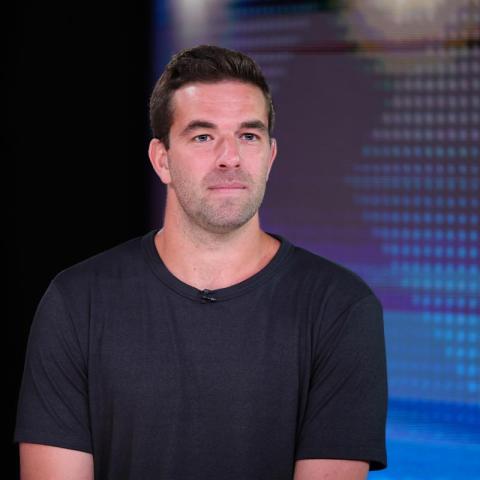International visitors used to flock to Ein Gedi, a beautiful beach on the Dead Sea. This unique body of water is the lowest point on Earth, sitting far below sea level. Sadly, the area around the beach has fallen into disrepair, and the once-thriving location now faces serious challenges.
For the past five years, the beach has been closed to the public. The main reason is the appearance of dangerous sinkholes—holes in the ground that occur when the surface collapses. The shrinking water level of the Dead Sea has made it hard for people to access its shores.
The Dead Sea is in trouble. Nestled between Israel, Jordan, and Palestine, this area has been facing environmental decline for decades. In recent years, ongoing conflicts in the Middle East have hindered any efforts to address these pressing environmental issues.
Nadav Tal from Eco Peace, a non-profit organization, emphasizes the need for regional cooperation to save the Dead Sea. He points out that the water level has been dropping more than a meter each year since the 1960s. The situation is alarming.
Several factors contribute to the decline of the Dead Sea. High summer temperatures, often climbing to 50 degrees Celsius, lead to rapid evaporation of the salty water. Additionally, the Jordan River, the main water source for the sea, is being overused. Water is also diverted for local industries tapping into minerals like potash and bromine. Tal describes this disruption as an ecological disaster, which is detrimental to Israeli tourism.
In the past, Israel and Jordan signed agreements to tackle the issues facing the Dead Sea. However, rising tensions due to conflicts in Gaza and elsewhere have shifted attention away from these essential environmental matters.
At Israel’s environment ministry, Ohad Carny is exploring various solutions to the Dead Sea crisis. These include building a desalination plant and creating a canal to address water shortages in the region. Still, Carny notes that desalinating water just to feed the Dead Sea might not be the best use of resources, especially when there is a need for drinking water and agricultural use as well. “We can’t do it alone,” he adds. “It must be a joint effort.” Without a mutual agreement with Jordan, progress is uncertain.
Despite the challenges, some still find joy in the area. Benny, a 40-year-old bus driver, enjoys soaking in one of the warm sinkhole pools. He acknowledges the changes in the sea but sees a silver lining. “Everything has its ups and downs,” he says. “Because of these changes, we have new water spots like this one.”
The future of the Dead Sea remains uncertain. However, the hope for collaboration among neighboring regions may offer a path forward to protect this unique natural wonder.
Source link
Lessons of the Day, As It Is










